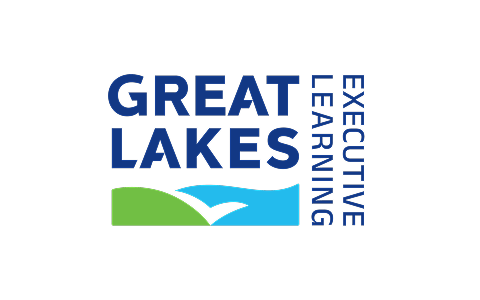- Great Learning
- Free Courses
- Management
Earn a certificate & get recognized
Fundamentals of Auditing
Ready to embark on a journey into the world of auditing? Enrolfor this free Fundamentals of Auditing course today and gain the knowledge, skills, and confidence you need to excel in the field of auditing.
Instructor:
E Balachandra MurthyFundamentals of Auditing
11.8K+ learners enrolled so far
Stand out with an industry-recognized certificate
10,000+ certificates claimed, get yours today!
Get noticed by top recruiters
Share on professional channels
Globally recognised
Land your dream job

Skills you will gain
Auditing
Auditing report
Risk assessment
Accrual accounting
Double-entry bookkeeping
Audit planning
Audit risk
Audit documentation
Auditor's report
Management representations
+4 More
Key Highlights
Get free course content
Master in-demand skills & tools
Test your skills with quizzes
About this course
Discover the "Fundamentals of Auditing" in this free course designed for beginners. Covering key areas like Basic Accounting Concepts, Audit Standards and Regulations, Audit Process, and Audit Reports, this course equips you with the foundational knowledge necessary for understanding the core principles and practices of auditing. Gain insights into accounting principles, auditing standards, the audit process, and the crucial role of audit reports, making it an ideal starting point for those interested in auditing or financial oversight and accountability.
Course outline
Fundamentals of Auditing
In this module, you will learn the objectives, and ethics of auditing, covering the importance of independence, professional skepticism, and the auditor's role in financial statement verification.
Basic Accounting Concepts
In this module, you will learn the accounting fundamentals, including accrual vs. cash basis, double-entry bookkeeping, and the principles of consistency, materiality, and prudence in financial reporting.
Audit Standards and Regulations
In this module, you will learn the regulatory framework governing audits, including the International Standards on Auditing (ISAs), legal requirements, and the responsibilities of auditors and oversight bodies.
Audit Process
In this module, you will learning approach to conducting audits, from planning and risk assessment to substantive testing and audit documentation, ensuring accuracy and compliance with audit standards.
Audit Reports
In this module you, will learn thecommunicating audit findings through comprehensive reports, covering audit opinions, management representations, and the impact on stakeholders' decision-making processes.
Get access to the complete curriculum once you enroll in the course
Stand out with an industry-recognized certificate
10,000+ certificates claimed, get yours today!
Get noticed by top recruiters
Share on professional channels
Globally recognised
Land your dream job

Fundamentals of Auditing

2.25 Hours
Beginner
11.8K+ learners enrolled so far
Get free course content
Master in-demand skills & tools
Test your skills with quizzes
Level up with advanced skills & become job ready with Pro+
Subscribe to Pro+ today to build skills with 50+ Pro courses and prep for jobs with advanced AI tools.

Strategic Business Finance and Management

Practice exercises

Guided Projects

AI Resume Builder

AI mock interviews
Get course + certificate with Pro+ subscription
Learner reviews of the Free Courses




5.0


5.0
4.0

Our course instructor

E Balachandra Murthy
Research Analyst
Management Expert
Frequently Asked Questions
Will I receive a certificate upon completing this free course?
Is this course free?
What is the Fundamentals of Auditing course?
This course provides an introduction to the essential principles and practices of auditing. It covers the basics of auditing, its importance, and its role in various industries.
What is the Fundamentals of Auditing course?
This course provides an introduction to the essential principles and practices of auditing. It covers the basics of auditing, its importance, and its role in various industries.
Is this course really free, or are there hidden charges?
Yes, this course is entirely free. There are no hidden charges or fees associated with it. We believe in making quality education accessible to all.
Who can enroll in this course?
The Fundamentals of Auditing course is open to anyone interested in learning about auditing, regardless of their educational background or professional experience.
What will I learn in this course?
In this course, you will learn the fundamental concepts of auditing, types of audits, audit procedures, audit reports, and the role of auditors in ensuring financial transparency.
Will I receive a certificate upon completion of the course?
Yes, once you successfully complete the course, you will receive a certificate of completion, which can be a valuable addition to your resume or professional profile.
Are there any prerequisites for this course?
There are no specific prerequisites for this course. It is designed for beginners and those looking to gain a foundational understanding of auditing.
How do I enroll in the Fundamentals of Auditing course?
To enroll in the course, simply click the "Enroll Now" button on our course page
Become a Skilled Professional with Pro Courses
Gain work-ready skills with guided projects, top faculty and AI tools, all at an affordable price.


View Course

Included with Pro+ Subscription

View Course

Included with Pro+ Subscription

View Course

Included with Pro+ Subscription
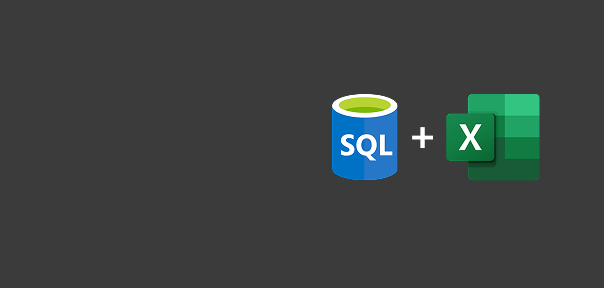

View Course

Included with Pro+ Subscription

View Course

Included with Pro+ Subscription


View Course

Included with Pro+ Subscription

View Course

Included with Pro+ Subscription
.jpg)
View Course

Included with Pro+ Subscription


View Course

Included with Pro+ Subscription


View Course

Included with Pro+ Subscription




View Course

Included with Pro+ Subscription


View Course

Included with Pro+ Subscription


View Course

Included with Pro+ Subscription
.png)
View Course

Included with Pro+ Subscription
.png)
View Course

Included with Pro+ Subscription
.png)
View Course

Included with Pro+ Subscription

View Course

Included with Pro+ Subscription

View Course

Included with Pro+ Subscription
.png)
View Course

Included with Pro+ Subscription
.png)
View Course

Included with Pro+ Subscription
.jpg)
View Course

Included with Pro+ Subscription

View Course

Included with Pro+ Subscription
.png)
View Course

Included with Pro+ Subscription
.png)
View Course

Included with Pro+ Subscription
.png)
View Course

Included with Pro+ Subscription
.png)
View Course

Included with Pro+ Subscription


View Course

Included with Pro+ Subscription
.png)
View Course

Included with Pro+ Subscription

View Course

Included with Pro+ Subscription
.png)

View Course

Included with Pro+ Subscription

View Course

Included with Pro+ Subscription
.png)
View Course

Included with Pro+ Subscription
.png)
View Course

Included with Pro+ Subscription
.png)
View Course

Included with Pro+ Subscription




View Course

Included with Pro+ Subscription

View Course

Included with Pro+ Subscription
.png)

.png)
View Course

Included with Pro+ Subscription
.jpg)



View Course

Included with Pro+ Subscription
.jpg)


View Course

Included with Pro+ Subscription


View Course

Included with Pro+ Subscription

View Course

Included with Pro+ Subscription
.jpg)
View Course

Included with Pro+ Subscription

View Course

Included with Pro+ Subscription

View Course

Included with Pro+ Subscription



View Course

Included with Pro+ Subscription
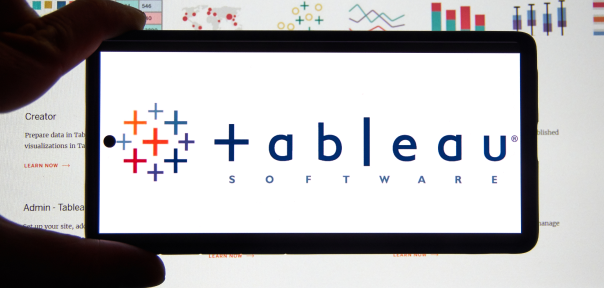
View Course

Included with Pro+ Subscription

View Course

Included with Pro+ Subscription

View Course

Included with Pro+ Subscription


View Course

Included with Pro+ Subscription
.png)
View Course

Included with Pro+ Subscription
Popular


View Course

Included with Pro+ Subscription

View Course

Included with Pro+ Subscription

View Course

Included with Pro+ Subscription


View Course

Included with Pro+ Subscription

View Course

Included with Pro+ Subscription


View Course

Included with Pro+ Subscription

View Course

Included with Pro+ Subscription
.jpg)
View Course

Included with Pro+ Subscription
Microsoft Courses


View Course

Included with Pro+ Subscription


View Course

Included with Pro+ Subscription




View Course

Included with Pro+ Subscription


View Course

Included with Pro+ Subscription


View Course

Included with Pro+ Subscription
Management
.png)
View Course

Included with Pro+ Subscription
.png)
View Course

Included with Pro+ Subscription
.png)
View Course

Included with Pro+ Subscription

View Course

Included with Pro+ Subscription

View Course

Included with Pro+ Subscription
.png)
View Course

Included with Pro+ Subscription
.png)
View Course

Included with Pro+ Subscription
.jpg)
View Course

Included with Pro+ Subscription

View Course

Included with Pro+ Subscription
.jpg)
View Course

Included with Pro+ Subscription
.jpg)
View Course

Included with Pro+ Subscription

View Course

Included with Pro+ Subscription
.png)
View Course

Included with Pro+ Subscription
.jpeg)
View Course

Included with Pro+ Subscription
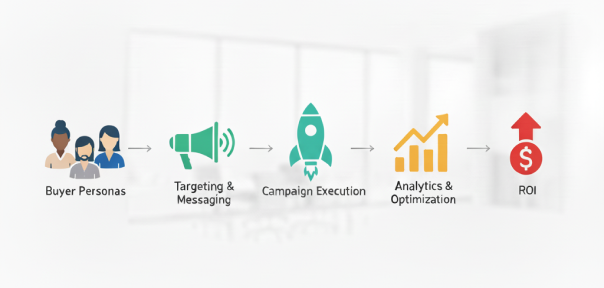
View Course

Included with Pro+ Subscription
 (1).jpg)
View Course

Included with Pro+ Subscription
.png)
View Course

Included with Pro+ Subscription
IT & Software

View Course

Included with Pro+ Subscription
.png)
View Course

Included with Pro+ Subscription
.png)
View Course

Included with Pro+ Subscription
.png)
View Course

Included with Pro+ Subscription
.png)
View Course

Included with Pro+ Subscription


View Course

Included with Pro+ Subscription
.png)
View Course

Included with Pro+ Subscription

View Course

Included with Pro+ Subscription

View Course

Included with Pro+ Subscription
.jpg)
View Course

Included with Pro+ Subscription

View Course

Included with Pro+ Subscription

View Course

Included with Pro+ Subscription
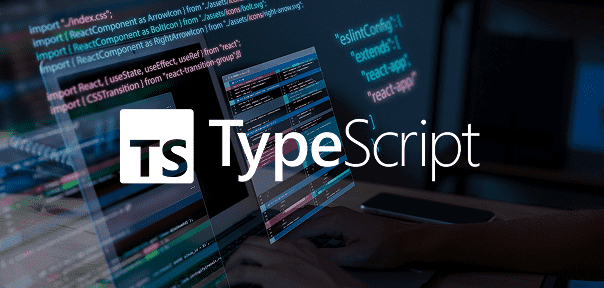
View Course

Included with Pro+ Subscription


View Course

Included with Pro+ Subscription

View Course

Included with Pro+ Subscription


View Course

Included with Pro+ Subscription

View Course

Included with Pro+ Subscription

View Course

Included with Pro+ Subscription

View Course

Included with Pro+ Subscription

View Course

Included with Pro+ Subscription
 (1).png)
View Course

Included with Pro+ Subscription

View Course

Included with Pro+ Subscription
Cyber Security
.png)

View Course

Included with Pro+ Subscription

View Course

Included with Pro+ Subscription
.png)
View Course

Included with Pro+ Subscription
.png)
View Course

Included with Pro+ Subscription
.png)
View Course

Included with Pro+ Subscription
Cloud Computing




View Course

Included with Pro+ Subscription

View Course

Included with Pro+ Subscription
.png)

.png)
View Course

Included with Pro+ Subscription
.jpg)



View Course

Included with Pro+ Subscription
.jpg)






View Course

Included with Pro+ Subscription


View Course

Included with Pro+ Subscription
.png)

View Course

Included with Pro+ Subscription
.png)

View Course

Included with Pro+ Subscription
AI & Generative AI

View Course

Included with Pro+ Subscription


View Course

Included with Pro+ Subscription

View Course

Included with Pro+ Subscription
.jpg)
View Course

Included with Pro+ Subscription

View Course

Included with Pro+ Subscription

View Course

Included with Pro+ Subscription


Data Science & ML

View Course

Included with Pro+ Subscription

View Course

Included with Pro+ Subscription

View Course

Included with Pro+ Subscription

View Course

Included with Pro+ Subscription


View Course

Included with Pro+ Subscription
.png)
View Course

Included with Pro+ Subscription
Subscribe to Academy Pro+ & get exclusive features
$25/month
No credit card required

Learn from 40+ Pro courses
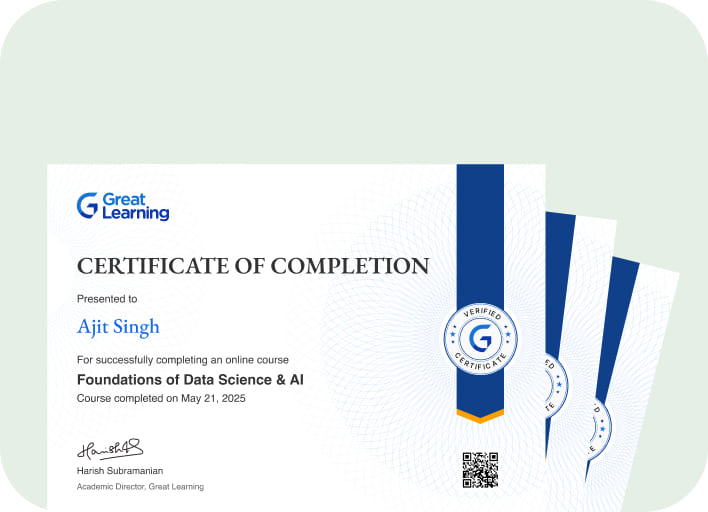
Access 500+ certificates for free
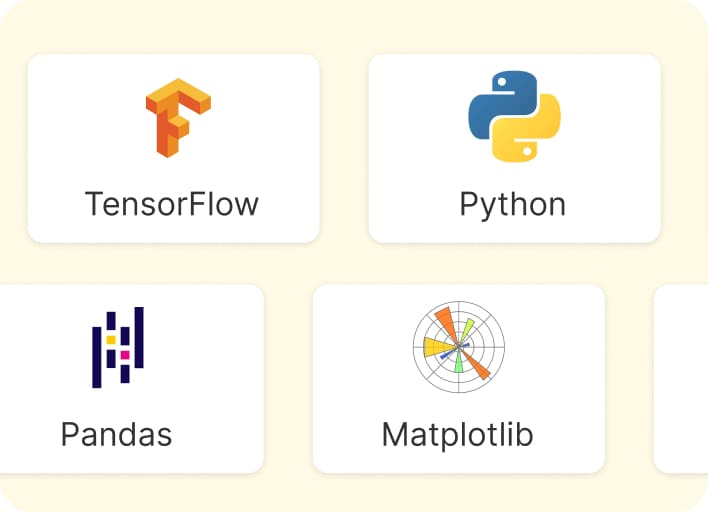
700+ Practice exercises & guided projects

Prep with AI mock interviews & resume builder
Recommended Free Management courses
.jpg)


Similar courses you might like

.jpg)
.jpg)

Related Management Courses
-
Personalized Recommendations
Placement assistance
Personalized mentorship
Detailed curriculum
Learn from world-class faculties
50% Average salary hike -


Great Lakes Executive Learning
PGP in Strategic Digital Marketing6 Months · Online · Weekend
Dedicated Career SupportKnow More
Relevant Career Paths >
Fundamentals of Auditing
Auditing, as a discipline, forms the bedrock of financial accountability and transparency in the business world. It serves as a safeguard against financial misstatements, fraud, and mismanagement, playing a pivotal role in ensuring the reliability of financial information. The following fundamental principles and concepts are essential in understanding the core of auditing:
1. Independence
Independence is the cornerstone of auditing. Auditors must maintain an unbiased and impartial stance when assessing an entity's financial statements. This requires them to remain free from any external influences or conflicts of interest that could compromise their objectivity. This principle ensures that the audit process remains credible and trustworthy.
2. Due Professional Care
Auditors are expected to exercise due professional care in their work. This involves diligently applying their expertise and skills to scrutinize financial statements thoroughly. It requires adhering to established audit procedures and standards to detect material misstatements accurately and effectively.
3. Ethical Behavior
The audit profession is governed by a strict code of ethics that encompasses principles like integrity, objectivity, confidentiality, and professional behavior. Upholding these ethical standards is paramount for maintaining trust and credibility in the audit process.
4. Audit Evidence
The cornerstone of any audit is the collection of audit evidence. This evidence takes various forms, including financial documents, records, interviews, observations, and various testing methods. Auditors rely on the sufficiency and appropriateness of this evidence to form their opinions on the financial statements.
5. Materiality
Materiality plays a crucial role in audit planning and execution. Auditors assess the significance of potential misstatements or errors in the financial statements. They concentrate their efforts on areas where material misstatements are more likely to occur, ensuring the fair presentation of financial information.
6. Risk Assessment
Before embarking on an audit, auditors assess the risks associated with the entity under review. This involves a thorough understanding of the entity's business operations, internal controls, and the potential for misstatements in the financial statements. Risk assessment guides the auditor in designing the audit procedures and determining the audit scope.
7. Internal Control Evaluation
Auditors evaluate an entity's internal control systems to identify areas where the risk of misstatements is elevated. Effective internal controls reduce the risk of errors and fraudulent activities affecting financial reporting.
8. Audit Procedures
Audit procedures encompass a variety of methods used to gather evidence and identify misstatements. These procedures include substantive testing, which comprises substantive analytical procedures and substantive tests of details, as well as tests of controls when assessing the effectiveness of an entity's internal controls.
9. Audit Report
The culmination of an audit is the audit report, which contains the auditor's opinion on the financial statements. This report provides stakeholders with an independent and professional assessment of the entity's financial health and the reliability of its financial information.
10. Reporting Standards
Auditors adhere to generally accepted auditing standards (GAAS) or international auditing standards, such as International Standards on Auditing (ISAs). These standards offer a framework for conducting audits and issuing consistent and reliable audit reports.
11. Continuous Professional Development
The auditing profession is dynamic, and auditors are expected to engage in continuous professional development to stay updated on evolving auditing standards, techniques, and industry developments. This ongoing learning ensures auditors are well-equipped to address the changing landscape of their profession.
12. Documentation
Thorough documentation is an indispensable part of auditing. Auditors maintain meticulous records of their work, encompassing planning, procedures, findings, and conclusions. Proper documentation enhances accountability, quality control, and provides a record of the audit process for future reference.
13. Quality Control
Audit firms implement rigorous quality control procedures to ensure that audits are conducted in strict compliance with established standards. These measures also ensure that personnel within the firm adhere to ethical and professional guidelines, ultimately upholding the quality and integrity of the audit process.
In conclusion, the fundamentals of auditing are integral in maintaining financial transparency, trust, and accountability in the business world. Auditors' adherence to these principles and concepts contributes significantly to the integrity and reliability of financial reporting, benefiting both businesses and the broader economy by providing stakeholders with a clear and unbiased assessment of financial health and performance.









